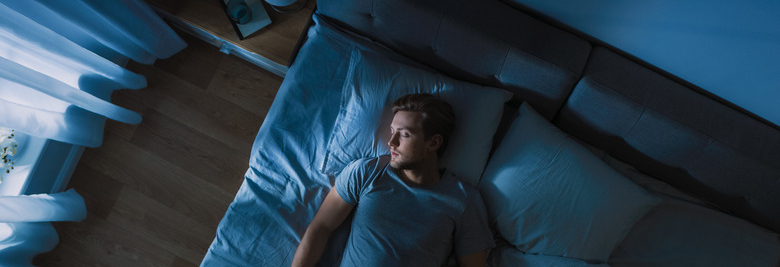
Better Sleep with an Opened Window (research study concludes)
Better sleep with an opened window? A team of Danish researchers concludes that the air quality in your bedroom while you sleep could be linked to better work performance. The researchers conducted a field intervention of 40 bedrooms in Denmark over a two-week period and monitored participants’ sleep quality using a wearable device. Additionally, participants logged their daily activities and sleep electronically. Every morning, they took a three-minute cognitive-abilities test.
The results revealed that participants who had their windows open reported experiencing deep sleep. 87% of them expressing this compared to 70% of those who slept with closed windows. Furthermore, participants who slept with an open window performed better on the cognitive test the following morning.
This suggests that individuals should ventilate their bedrooms with clean outdoor air or supply them with air that is equivalent to clean outdoor air during the night.
Highlights of the Research Study:
- Researchers conducted a field intervention study in 40 bedrooms.
- Perceived air quality improved and the concentration of CO2, VOCs, and PM10 decreased when a window was open.
- Objectively measured and subjectively rated sleep quality improved after sleeping with an open window.
- Opening a bedroom door reduced CO2 concentration but did not provide any of the above benefits.
Contact us today and let us help you to improve your employee’s health and reduce work-related injuries.
Related article: Supportive Supervisors Improve Sleep
- Drawing from extensive data obtained from the Work Environment and Health in Denmark study, Finnish Public Sector Study, and Swedish Longitudinal Occupational Survey of Health, the researchers analyzed responses from nearly 115,000 participants over a period of up to six years.
- The participants were specifically questioned about their workplace environment, focusing on factors such as leaders’ listening skills, perceived fairness, co-worker support, and collaboration. The researchers discovered that those who reported favorable psychological and social support at work experienced a notable decrease in the risk of sleep disturbances.
